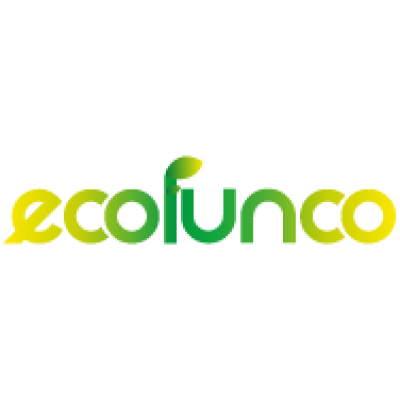
ECOFUNCO
ECO sustainable multi FUNctional biobased COATings with enhanced performance and end of life options

ECO sustainable multi FUNctional biobased COATings with enhanced performance and end of life options
Cellulose is the most widely-available renewable material on Earth. Using cellulose-derived materials to replace fossil-based plastics in a range of consumer products, such as disposable food products or personal care items would make a considerable contribution to Europe’s environmental ambitions.
The challenge that needs to be overcome is the current limitations of cellulose in these roles. It tends to make a poor barrier and is hydrophilic. Currently, therefore, cellulose products are combined with polyethylene to provide properties more suited to these uses. However, the presence of polyethylene inevitably impacts product recyclability and therefore undermines the environmental benefits.
However, developing coatings for cellulose and bioplastics that help provide the required properties can overcome these current shortcomings. The ECOFUNCO project aims to identify and develop these coatings from readily-available, low-valorised biomass such as tomato processing residues, legumes and sunflower press cakes.
The overarching objective of the ECOFUNCO project is to select, extract and functionalise molecules such as proteins, cutin, polysaccharides, polyphenols, carotenoids, fatty acids from readily available, low valorised biomass sources. This will be used to develop new bio-based coatings for application on two different substrates, specifically cellulosic and plastic based. This will deliver materials for food and personal hygiene use that will offer better performance than currently-available products as well as delivering more sustainable end of life options.
Within this, there are a number of specific objectives. The ECOFUNCO concept will:
The ECOFUNCO project aims to deliver a number of impacts. It seeks to: